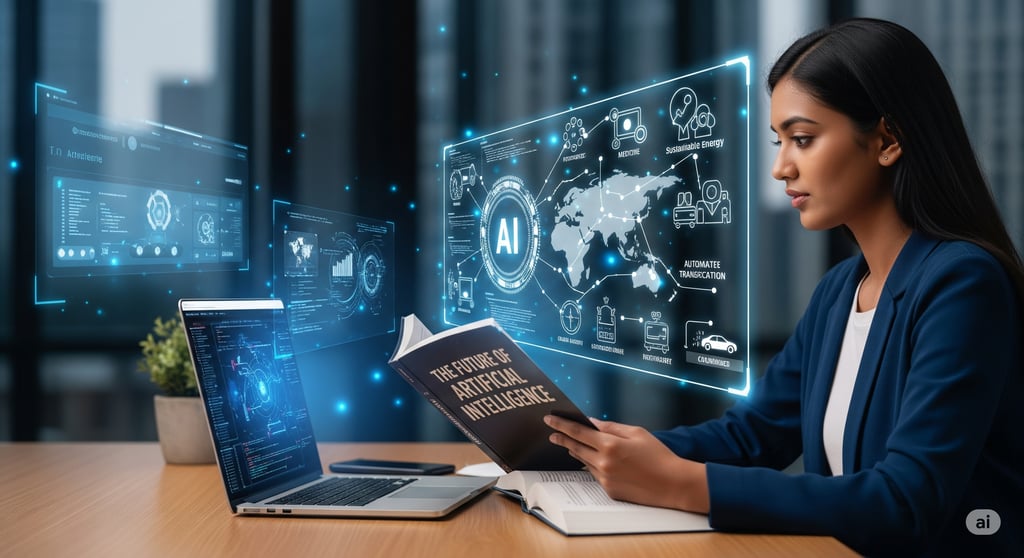Canning Cybernetics Centre
Artificial Intelligence in Education: Trends, Tools and Benefits for 2025
Debanjan Debnath
8/4/20251 min read


AI Education in Today's World: Shaping Future Innovators
In today’s rapidly evolving digital landscape, Artificial Intelligence (AI) is no longer a futuristic concept — it's an everyday reality shaping how we live, work, and learn. From voice assistants and recommendation systems to self-driving cars and intelligent robots, AI is everywhere. And with this boom, AI education has become not just important, but essential.
Why AI Education Matters Now More Than Ever
As technology continues to transform industries, the demand for skilled professionals in AI and machine learning is skyrocketing. According to global studies, jobs in AI are among the fastest-growing across the world. This has triggered a shift in education systems, with schools, colleges, and training institutes integrating AI into their curricula.
But AI education isn’t just for aspiring engineers or data scientists. It’s for everyone — from school students building their first AI project using block-based coding, to working professionals learning how AI can improve business productivity.
AI Education for School Students
One of the most exciting trends is the introduction of AI education at the school level. Governments and institutions worldwide are launching initiatives to make children AI-literate. These courses often blend basic programming languages (like Python or Scratch) with AI concepts like image recognition, chatbot development, and ethical AI.
By exposing students to AI early, we are nurturing critical thinkers and future innovators who can not only use technology but also create it responsibly.
How AI is Being Taught Today
Modern AI education goes beyond theory. It’s hands-on, project-based, and interactive. Here’s how learners are engaging with AI:
• Online Platforms & MOOCs: Websites like Coursera, edX, and Google’s AI for Everyone offer beginner to advanced AI courses.
• Coding + AI Bootcamps: Many institutes offer crash courses in Python, Machine Learning, and AI tools tailored for students or professionals.
• AI Labs in Schools: Schools are setting up AI and robotics labs where students can experiment with real-world applications.
• Gamified Learning: Platforms use games and challenges to teach neural networks, logic design, and more.
